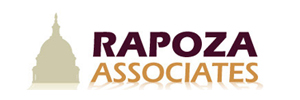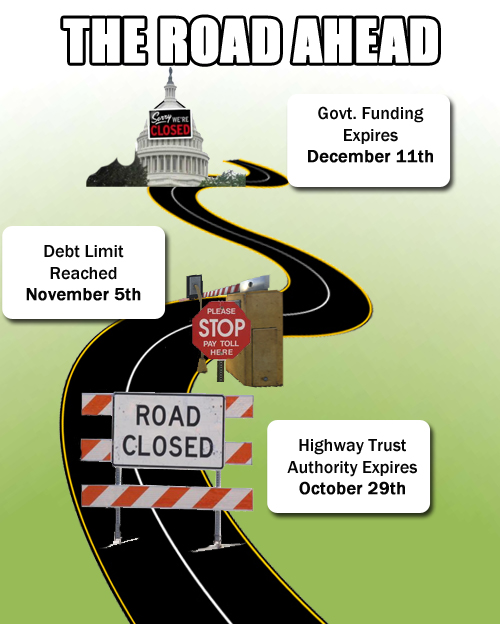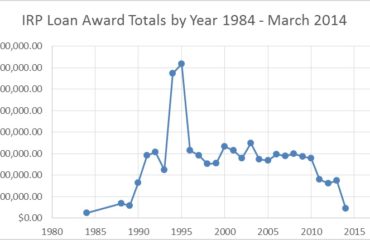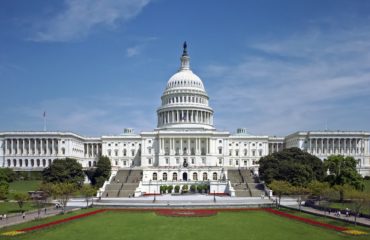Last week, Treasury Secretary Lew wrote to Congressional Leaders informing them that the federal government will reach its statutory debt limit no later than November 5.
With the enactment of the Continuing Resolution (CR) on September 30th, Congress now has two deadlines to meet, and in Washington, deadlines are the leading driver of Congressional action. Congress must lift the debt limit by November 5th and enact appropriations legislation by December 11th, when the CR expires. In addition to these deadlines, the authorization for Highway Trust expires on October 29th. Then there are the so-called tax extenders which were renewed in mid-December, 2014, only to expire on December 31, 2014.
If these deadlines were not in and of themselves daunting, most are on the Congressional calendar at the same time as the House transitions to new Speaker and leadership team.
The White House and Congress have begun talks on revising the limits on the discretionary spending established by the Budget Control Act. Only 91 Republicans voted for the CR on September 30th with 155 voting NO, and this should certainly give one pause about the prospects of enacting domestic agency appropriations bills at a higher domestic discretionary rate than Fiscal Year 2015.
In the House, Ways and Means Committee Chairman Paul Ryan (R-WI) is working on legislation to reform international taxes and raise revenue in order to pay for an extension of the Highway Trust Fund, though negotiations between Chairman Ryan and Senator Chuck Schumer (D-NY) on a larger appropriations deal have yet to produce any results, and by all accounts, have stalled.
The White House’s top priority seems to be the passage of a long term highway bill, and Chairman Ryan has promised to report out a bill that could be reconciled with the six year highway bill passed by the Senate in July.




